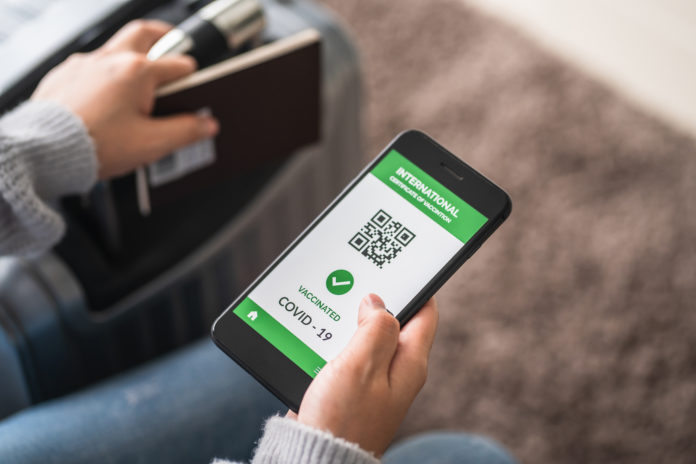
Canada immigration news: Immigrants, temporary foreign workers and international students are to enjoy a post-pandemic popularity bump when they come into Canada as the country re-opens its borders to non-essential travel starting next month.
And it’s all because they’ll be either fully-vaccinated against COVID-19 or will have been tested and found to be COVID-19 free at the border.
Under its phased re-opening of the border, Ottawa’s first step on Aug. 9 will be to allow into the country American citizens and Canadian permanent residents who are currently residing in the United States and have been fully vaccinated at least 14 days prior to entering Canada for non-essential travel
Read More Canada Immigration News
British Columbia: COVID-19 Causes Drop In Number of Immigrant Sales and Service Workers
How Canada Immigration Responded To COVID-19 In The First Half of 2021
COVID-19: Quarantine Requirement To End For Fully Vaccinated International Students
Then, on Sept. 7, provided COVID-19 case counts remain low, Canada’s borders will re-open to any fully-vaccinated travellers who have completed the full course of vaccination with a Government of Canada-accepted vaccine at least 14 days prior to entering Canada and who meet any specific entry requirements.
That means international visitors will have what amounts to a Government of Canada COVID-19 stamp of approval, allowing many Canadians to breathe easier around these new arrivals.
Vaccinated Canadians Squeamish About Hanging Around Unvaccinated
An Angus Reid poll released last week reveals almost half of Canadians who have received at least one dose of a COVID-19 vaccine are unwilling to spend time around those who are unvaccinated.
“This, even after they are fully immunized themselves and have built up their immunity,” reports Angus Reid.
Despite their reluctance to spend time with the unvaccinated, many Canadians are just too polite to go so far as to ask people they meet about their vaccination status.
While more than half of those who have received at least one dose of a COVID-19 vaccine say it’s perfectly fine to ask someone about their vaccination status, three-quarters of those who have not been vaccinated say asking about a person’s vaccination status is rude.
Roughly a third of Canadians say whether or not it’s rude to ask about someone’s vaccination status depends on the person being asked. They might be comfortable asking family and friends about their vaccination status but not strangers.
When the border re-opens, all travellers will have to use ArriveCAN, either as the app for cell phones or the web portal, to submit their travel information. Those fully-vaccinated travellers eligible to enter Canada will not have to quarantine upon arrival.
Health Minister Says Canada Can Reopen Borders Safely
“Canadians’ safety and security always come first,” said Health Minister Patty Hajdu. “With rising vaccination rates and fewer cases in Canada, we can begin to safely ease border measures.
“A gradual approach to reopening will allow our health authorities to monitor the COVID-19 situation here and abroad,” she said. “Canadians have worked hard and sacrificed for each other, and because of that work, we can take these next steps safely.”
With the re-opening of the border, Transport Canada is also expanding the scope of its existing Notice to Airmen (NOTAM) that currently directs scheduled international commercial passenger flights into four Canadian Airports: Montréal-Trudeau International Airport, Toronto Pearson International Airport, Calgary International Airport, and Vancouver International Airport.
International flights carrying passengers will be permitted to land at the following five additional Canadian airports starting Aug. 9:
- Halifax Stanfield International Airport;
- Québec City Jean Lesage International Airport;
- Ottawa Macdonald–Cartier International Airport;
- Winnipeg James Armstrong Richardson International Airport; and
- Edmonton International Airport.
Everyone coming into Canada – regardless of their vaccination status – still needs to provide the results of COVID-19 molecular test before coming into the country.
But starting Aug. 9, they will no longer need to take another COVID-19 test unless they have been randomly selected to complete one.
There are no changes to the mandatory testing requirements for unvaccinated travellers.
With this strategy, Canada is hoping to be able to continue monitoring COVID-19 variants in Canada and determine the effectiveness of the variants.
Public Safety Minister Bill Blair described the approach to gradually re-opening the border as one “guided by facts, scientific evidence and the advice of our public health experts.”
All travellers, though, will still have to provide a quarantine plan and be prepared to quarantine, in case it is determined at the border that they do not meet the necessary requirements.

